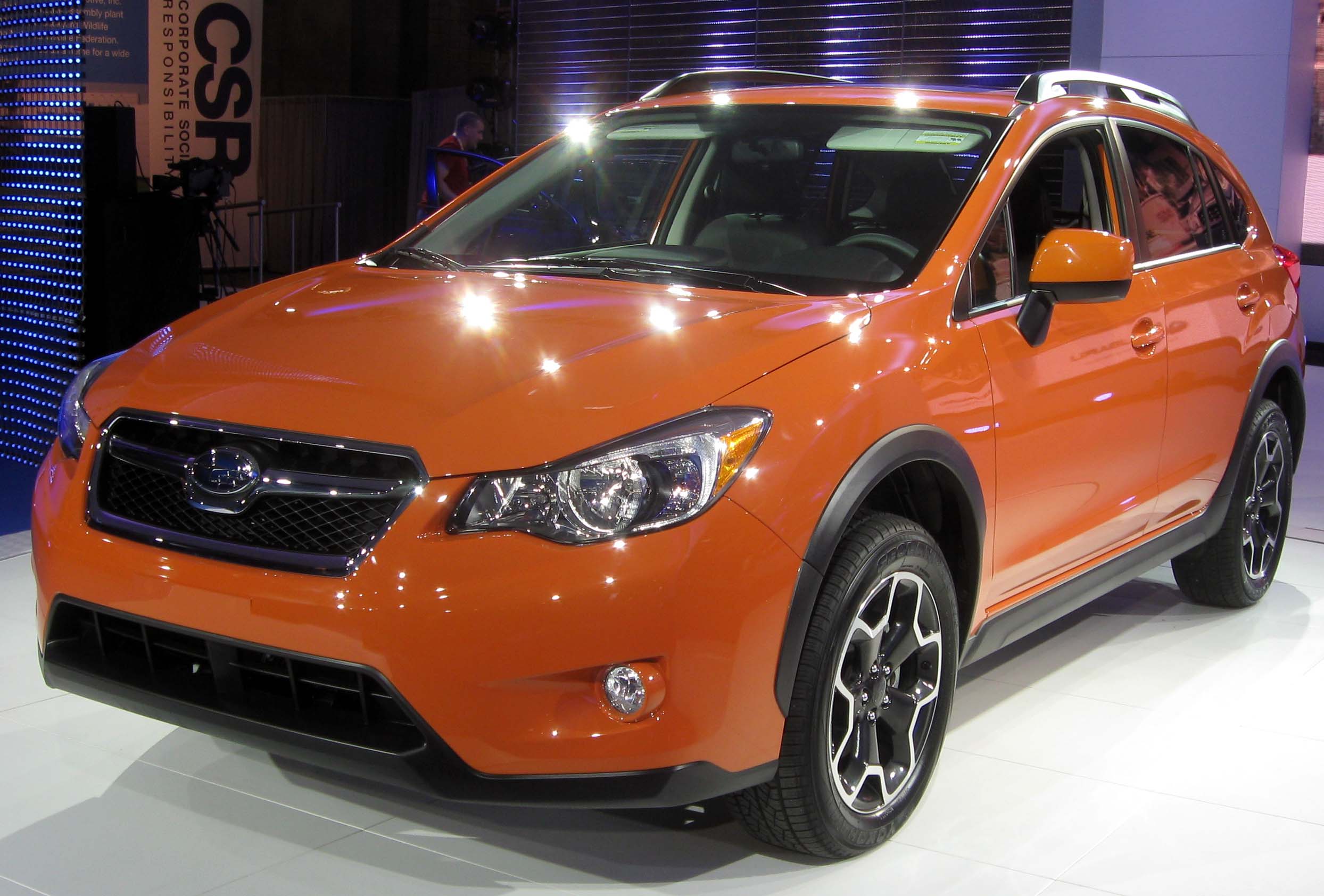Eight Alternative Transportation Fuels

There are number of reasons to look carefully at fuels that can be used in place of petroleum. The first is that reducing our use of fossil fuels would allow us to become energy independent and free from the volatility of the politics in the Middle East. The second is that burning petroleum is contributing to air pollution and global warming and this is an urgent issue. As a society, reducing our use of fossil fuels should be a national priority. In this article, we will look at seven different fuels that could possibly be the future of transportation fuel.
- Ethanol
Ethanol is an alcohol-based alternative fuel that is made by distilling fermented farm crops such as corn, barley or wheat. Today ethanol can be blended with gasoline to power vehicles and improve emissions quality. In some countries, such as Brazil, ethanol is already a major fuel used for transportation purposes.
- Biodiesel
Biodiesel is an alternative fuel based on vegetable oils or animal fats. Vehicle engines can be converted to burn biodiesel in its pure form, and biodiesel can also be blended with petroleum diesel and used in unmodified engines. The folks at www.dulleschryslerdodgejeep.com remind us that biodiesel is being used by many enthusiasts right now as an alternative transportation fuel.
- Natural Gas
Although technically a fossil fuel, natural gas is an alternative fuel that burns clean and is already available to people in many countries. When used in cars and trucks with specially designed engines, natural gas produces far fewer harmful emissions than gasoline or diesel. As the folks at www.dulleschryslerdodgejeep.com remind us, it’s a fossil fuel but is a very environmentally-friendly one.
- Hydrogen
Hydrogen is also used in fuel-cell vehicles that run on electricity produced by the chemical reaction that occurs when hydrogen and oxygen are combined in fuel cells. Today, hydrogen is being tested on a limited scale in Southern California with a series of hydrogen refueling stations.
- Electricity
Electricity can be used as a transportation “fuel” for electric and fuel-cell vehicles. Electric vehicles store power in batteries that are recharged by plugging the vehicle into a standard electrical source. Fuel-cell vehicles run on electricity that is produced through an electrochemical reaction that occurs when hydrogen and oxygen are combined. Fuel cells produce electricity without combustion or pollution.
- Methanol
Methanol, also known as wood alcohol, can be used as an alternative fuel in flexible fuel vehicles that are designed to run on M85, a blend of 85 percent methanol and 15 percent gasoline.
- Propane
Propane, also called liquefied petroleum gas or LPG, is a byproduct of natural gas processing and crude oil refining. Already widely used as a fuel for cooking and heating, propane is also a popular alternative fuel for vehicles. Propane powered vehicles produce far fewer emissions than gasoline.
Source: Dulles Chrysler





